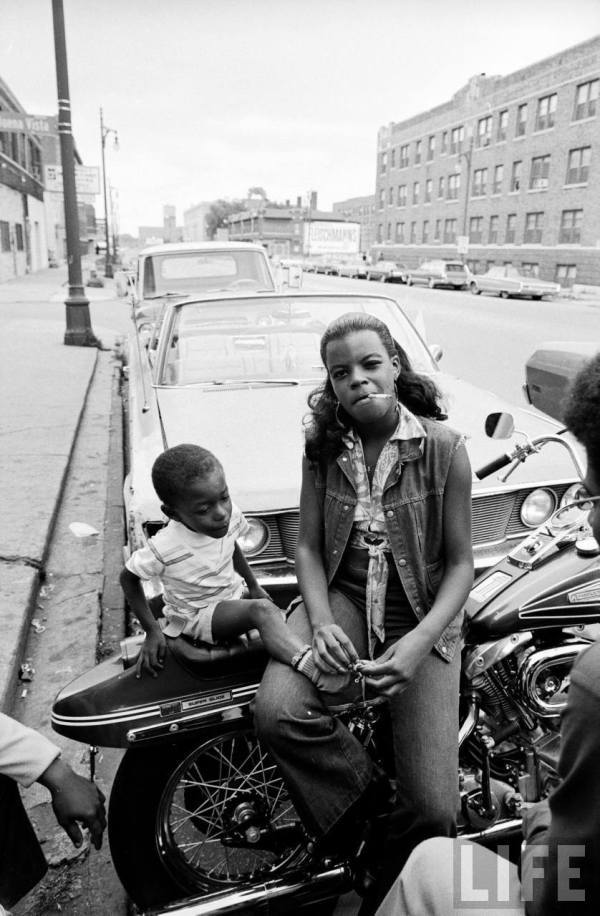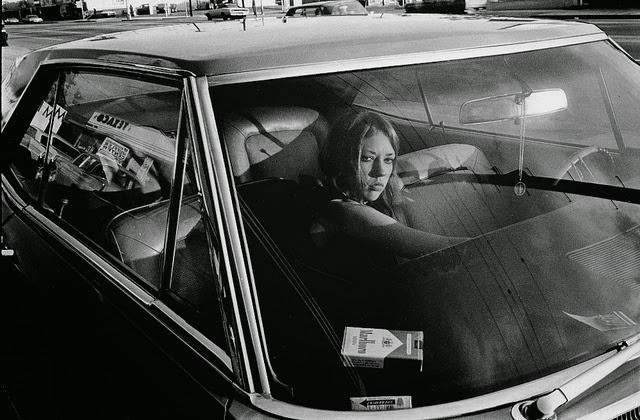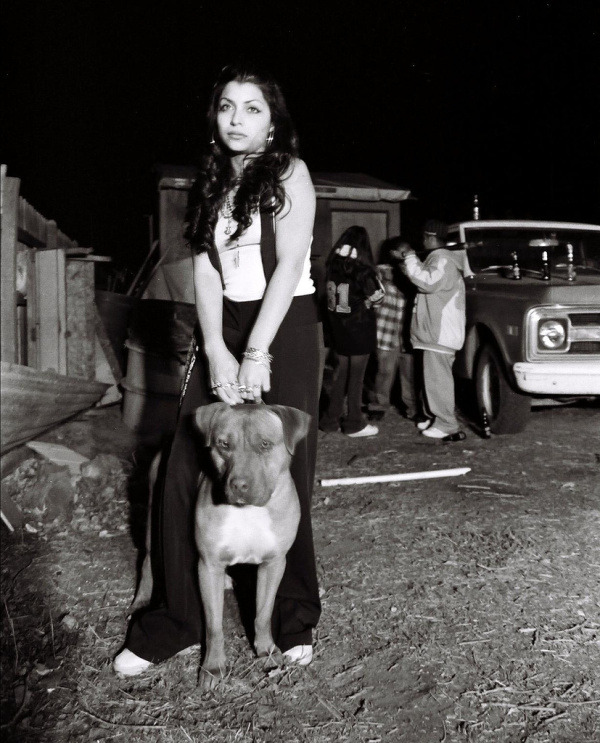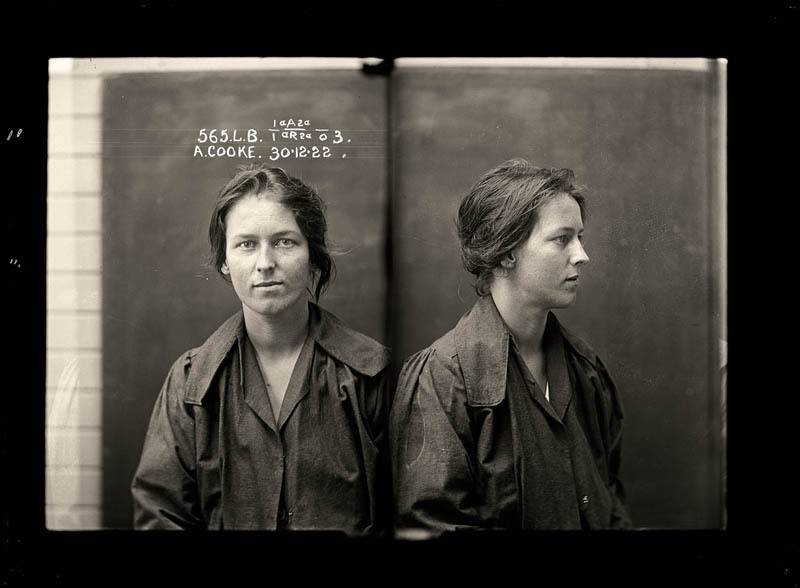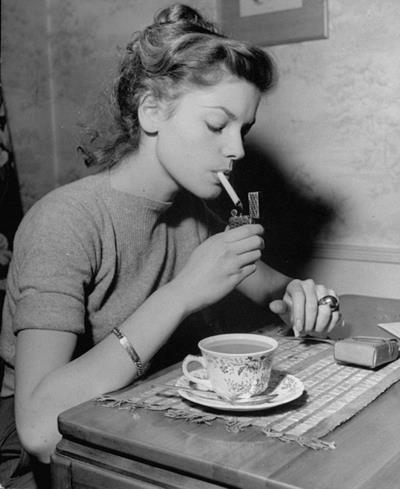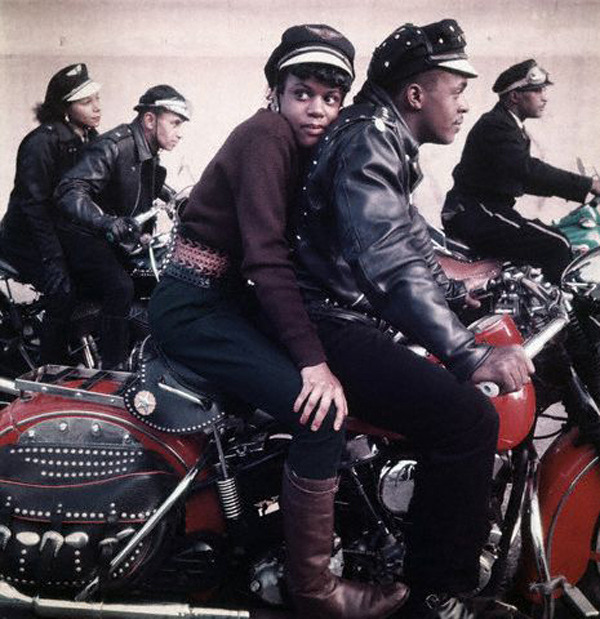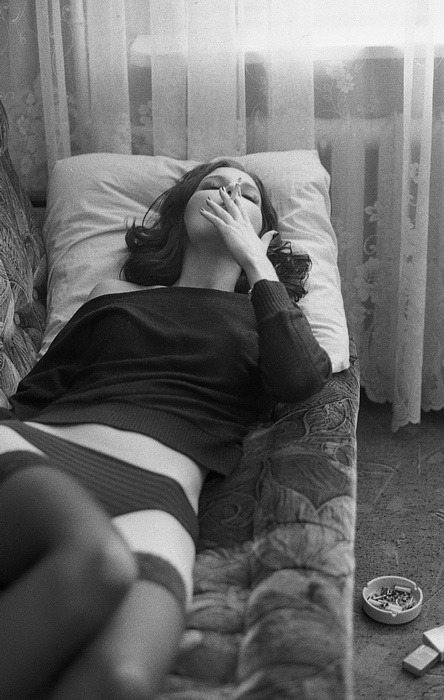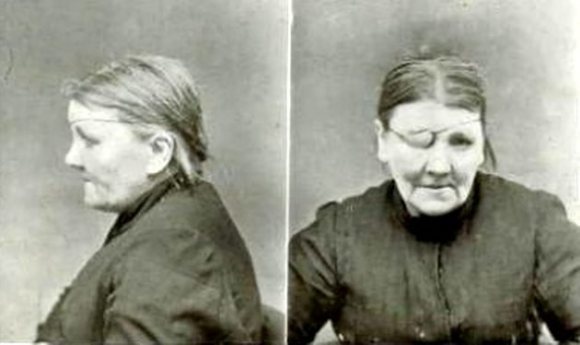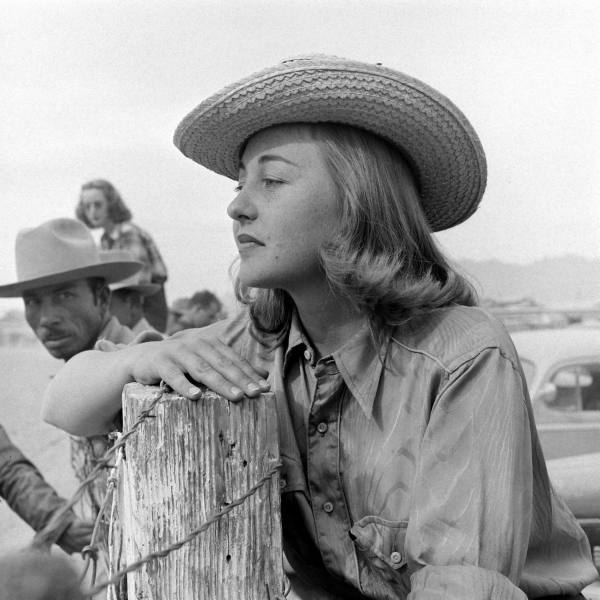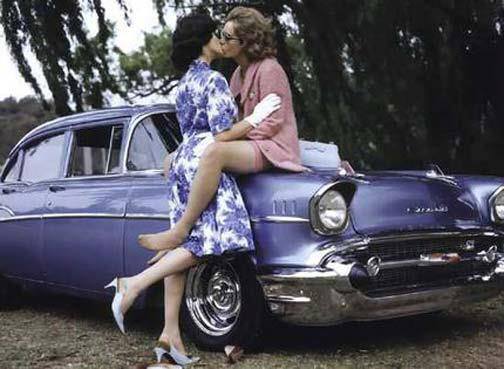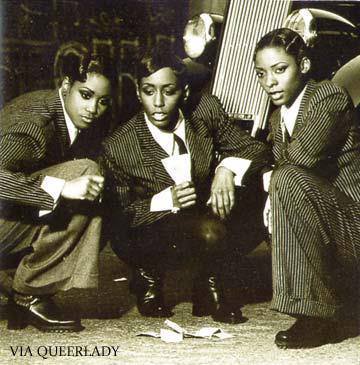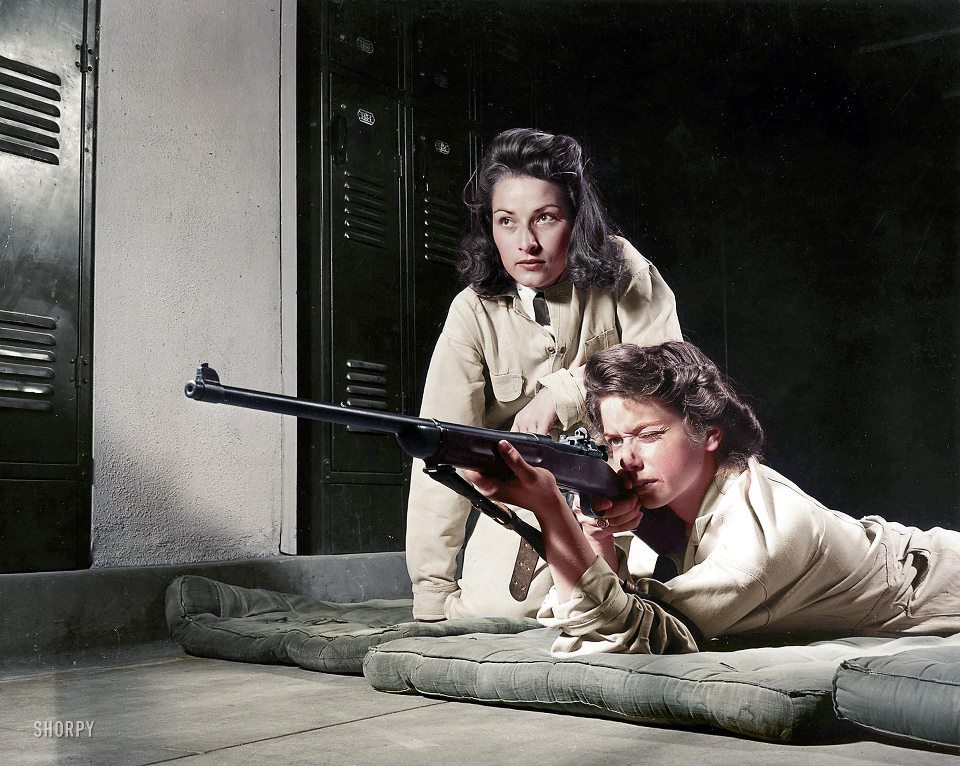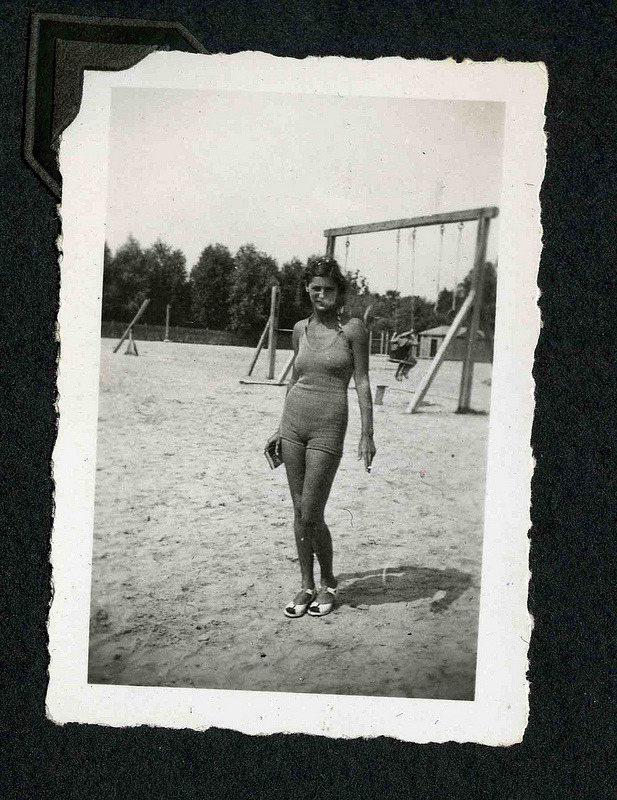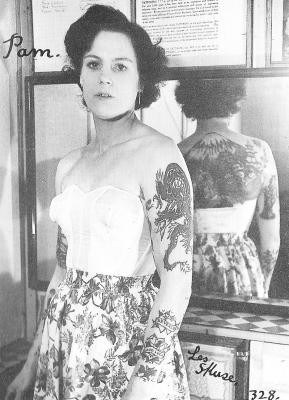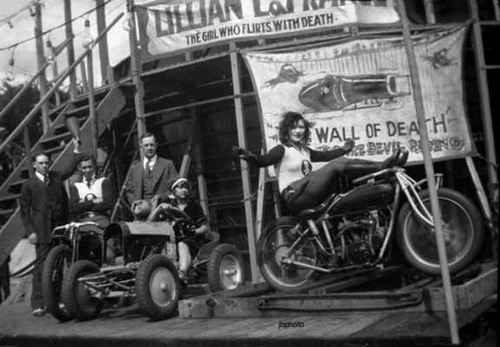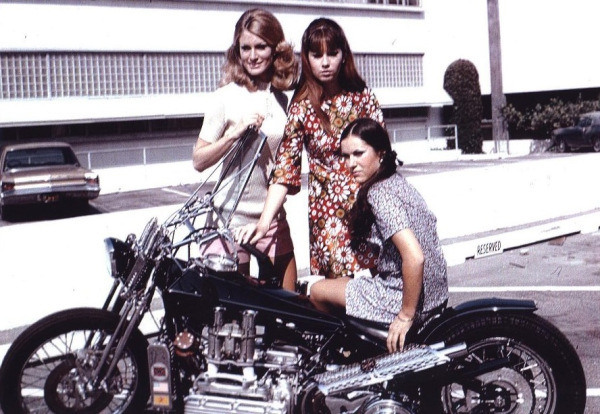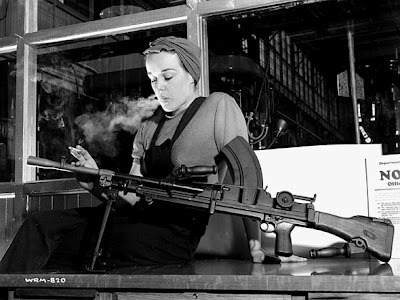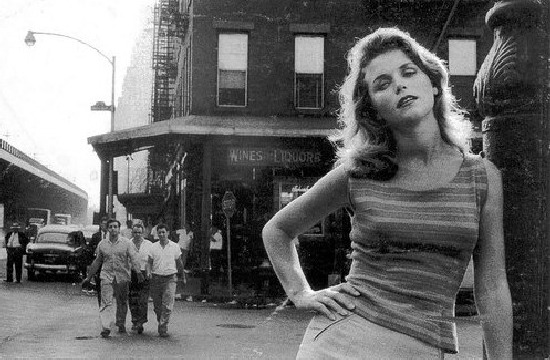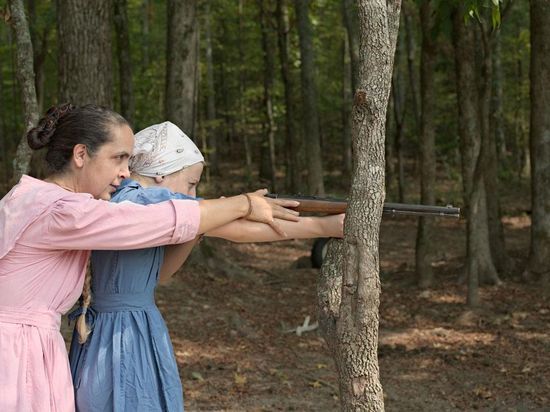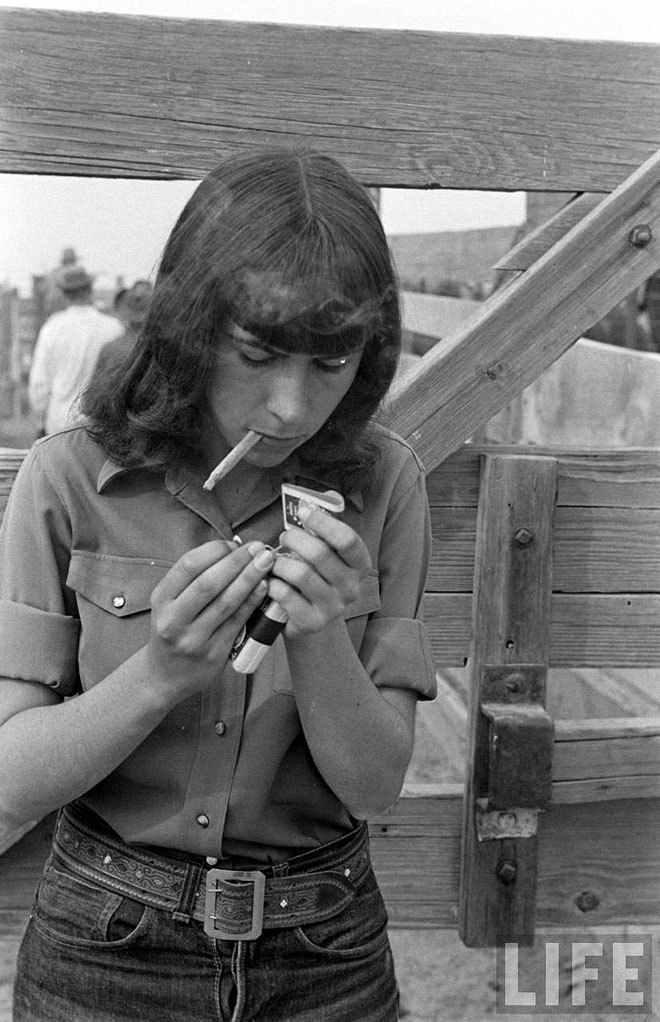Note from Holly: I first met Dana King at Bouchercon Albany in 2013. Since then, I've gotten to know him better online and recently read A Small Sacrifice. I loved it. It's a well-crafted mystery that's reminiscent, but not derivative, of Raymond Chandler. It's biggest strength, of course, is its protagonist, Nick Forte. I'm terrible at writing reviews so please don't make me say more. Just read the book.
I'm pleased to host Dana at Do Some Damage this week. Take it away!:
I run a regular feature on my blog, One Bite at a Time, called Twenty Questions, where I get to grill authors about their newest books, and writing in general. Holly was kind enough to
submit to one when Mistress of Fortune was released, before performing her due diligence on what she was getting into. When I asked about possibly pinch-hitting on Do Some Damage to promote
A Small Sacrifice, Holly showed she has a long memory and thought it would be great fun to make me answer all the questions I made her answer. So, if you don’t like this, it’s her fault.
Holly West: Tell us about
A Small Sacrifice.
Dana King: It’s a story about a Chicago PI named Nick Forte, who is hired by Shirley Mitchell to clear her son’s name. Doug is assumed by everyone to have killed his five-year-old son, Justin, a year ago, but the police have butchered the crime scene and there’s not enough proof for an arrest. Forte is about convinced Doug did it, too, until something happens that turns the whole investigation around.
HW: Where did you get this idea, and what made it worth developing for you? (Notice I didn’t ask “Where do you get your ideas?” I was careful to ask where you got this idea.)
DK: The idea came to me when John and Patsy Ramsey were on television almost every night, talking about their daughter’s murder. Just about everyone assumed they killed the girl, and were lying, so much so “those lying” seemed to have become part of their names. (As in, “Did you see those lying Ramseys on TV last night?”) I got to wondering, what if they’re innocent, but have to lie because the truth is even worse? From that point forward, I stopped watching any interviews or reading anything about them. I wanted the story to have as little to do with the facts as possible, beyond the original germ of the idea.
HW: How long did it take to write
A Small Sacrifice, start to finish?
DK: A little over a year of actual writing. I went back a couple of years later for some changes when an agent showed interest, and did a little polishing before I released it as an e-book last year. From first draft of Chapter One to final e-book file took about twelve years.
HW: What’s the back story on the main character or characters?
DK: Nick Forte is a former musician, teacher, and cop, now turned private investigator. He’s a divorced father who adores his daughter and is constantly aware of the things he can’t do for her because they don’t live together anymore. This is a large part of how Shirley Mitchell is able to get him to try to prove a negative: she guilts him into it. He has trouble sustaining relationships with women because he doesn’t want to have more children, worried his daughter, Caroline, will wonder if he loves the kids he lives with more than he loves her. He’s better at doing what he has to do than he thinks he is, but the violence he encounters as this case unfolds is more than he bargained for.
HW: In what time and place is
A Small Sacrifice set? How important is the setting to the book as a whole?
DK: Today, or recent times, in Chicago and the northern suburbs. Lake City is a stand-in for any number of affluent communities north of the city. I worked hard to make Chicago a part of the story, but, to be honest, there were a number of cities I could have picked and probably made things work just as well. I was living in Chicago at the time and loved it, so it was the logical place to set the story. Now I associate Forte so closely with Chicago, I can’t bring myself to move him, though I’ve considered it from time to time.
 HW:
HW: How did
A Small Sacrifice come to be published?
DK: It had an agent at one time, and seemed to be very close to a sale, but things never quite worked
out. By the time all was said and done, I had a few more Forte stories the agent wasn’t interested in, since this one didn’t; sell, and she wasn’t interested in the standalone I’d written next. I left Forte in the drawer for several years until he made a well-received guest appearance in my first contracted book, Grind Joint. I thought I’d see if people might be interested in more of him, so I published A Small Sacrifice myself, straight to e-book on Amazon.
HW: What kinds of stories do you like to read? Who are your favorite authors, in or out of that area?
DK: Mostly crime fiction. Almost all of everything else I read is non-fiction, primarily history and true crime. I kept trying to broaden my fiction horizons, but found the stories I liked, those that spoke to me best about conditions in the world today, were crime stories at some level. I also like tightly-written prose, and most crime fiction writers keep things to the point. There is often an understated brand of eloquence, but it’s rare to see a crime writer write a beautiful sentence for the sake of writing a beautiful sentence. It has to serve a purpose. Good crime writers seem better at killing their darlings than a lot of mainstream or literary writers.
Favorites? Wow, so many I’ve actually created a spreadsheet to keep of track of who I want to be sure to read, so I get to them in turn. Of the big dogs, my current favorites are Robert Crais and Dennis Lehane. Tim Hallinan and Declan Hughes are great writers whose work I never miss. Charlie Stella is the Godfather of mob fiction, for good reason. Most of what I read are writers who are not quite broken out yet, people like Declan Burke, Adrian McKinty, John McFetridge. Terrence McCauley is doing great things with Depression and Prohibition-era stories. Tim O’Mara is about to become a best selling writer, if he isn’t already. Scott Phillips is a genius. There are at least twenty others in the regular rotation, and I apologize for not listing everyone.
HW: Who are your greatest influences?
DK: So far as getting me going, the usual suspects: Chandler, Leonard, McBain. George V. Higgins after I discovered The Friends of Eddie Coyle, which I think might be the greatest crime fiction novel ever written. (That, or The Maltese Falcon.) Reviewers tend to cite Leonard and Higgins—which is immensely flattering—though one reviewer said he found elements of James Ellroy, which is also flattering, as I’m a huge fan and wish I wrote more like him, Frankly, I don’t see him in my own work.
HW: Do you outline or fly by the seat of you pants? Do you even wear pants when you write?
DK: Outline. Always. It’s not a real detailed outline, maybe a sentence or paragraph about each chapter, unless a scene grows organically in my mind before it’s time to write it, then the notes for that chapter can get pretty long. As a rule, though, it’s just enough so I know what has to happen. Everything else I make up as I type, always while wearing pants. Well, at least boxers.
HW: Give us an idea of your process. Do you edit as you go? Throw anything into a first draft knowing the hard work is in the revisions? Something in between?
DK: My first drafts sometimes almost read like screenplays. I’m a dialog-heavy writer as it is, and if it’s flowing, I’m acting out the scene while trying to transcribe what’s going on. The next day I’ll go back and tidy things up before starting on what’s new, to get me back in the mood I was in when I left off. Once the first draft is done, I’ll let it sit for a while, then do usually three more drafts: one to add and remove things that will turn a series of chapters into a coherent story; one to add the little touches that make books fun to read; and one anal and OCD three-step process to get everything just as I want it.
HW: If you could give a novice writer a single piece of advice, what would it be?
DK: Have a vision for your writing. Raymond Chandler once said, “Don't ever write anything you don't like yourself and if you do like it, don't take anyone's advice about changing it. They just don't know.” (I’ll use a Chandler quote at the drop of a hat, even if I have to drop it myself.) It’s not pessimism to note the vast majority of those who actually get a novel published—in excess of 90%--will never be more than a blip on the public consciousness, if that. Would you rather that be because you took your best shot and it didn’t work out, or because someone else told you to try something, or to do it their way, and it didn’t work, and now you’ll never know if your original idea would have? Then you can’t find out because whatever influences you accepted have changed you permanently.
HW: Favorite activity when you’re not reading or writing.
DK: Hanging with The Sole Heir, but she’s 23 now and about to start grad school, so I don’t get as much chance as I used to. Spending time with The Beloved Spouse, reading, watching the Pirates and Penguins.
HW: Which do you take to bed at night, the money earned or the good review?
DK: Good reviews, which is good, as I’m not making much money. That’s not a complaint—I made peace with that aspect of the writing business long ago—but I guess what I mean is I get a great deal of satisfaction when I see people I respect “get” what I was going after in a book. That keeps me going, to be spoken of as a peer by those I consider to be my betters, as least as writing goes. It’s also a lot of fun, now that reviews are coming in from complete strangers. That’s immensely gratifying, to know someone has invested their most finite resource—time—and think I made it worth their while.
HW: Would you stop writing if someone paid you enough money so you’d never have to work again, on the condition you could also never write again?
DK: I was a real prick when I came up with this one, wasn’t I? Actually, I think this was suggested by a commenter on my blog, after I’d asked for suggestions.
My answer will probably appall a lot of people, but, yes, I would quit under those circumstances, though I’d have to have the agreement in writing and the money in escrow. As much as I said I enjoy writing above—and I do dearly enjoy it—it is not the defining feature of my life. There are plenty of things I’d find to do if I had the time in which to do them, which I would if I didn’t have to work. I’d miss writing, but I had to give up being a musician, too, which was the only things I ever really wanted to do, and it didn’t kill me.
HW: If you were just starting out, which would you prefer: 1. Form your own indie publishing house and put your work out in paper and e-book yourself? 2. Go with a small or medium traditional house that offers very little or no advance, a royalty that is only a fraction of what you'd get on your own, and also makes no promise of any type of publicity push, keeping in mind that you also will lose the publishing rights for a period, sometimes indefinitely? 3. Go with a Big Six or legacy publisher that offers a larger advance, legitimate review possibilities, entrance to industry literary awards, and exposure on the shelves of brick and mortar stores. Pick one and say why.
DK: I’ve tried all three, and, given my place right now, I think Option 2, though any can work given the right breaks. Option 1 works best for those who already have a foothold on the public consciousness, or are willing to work twenty hours a day on marketing. And are good at it. And write well enough for the marketing to matter. Option 3 can leave you in the cold if the big house doesn’t think you’ll be one of their breakouts, and the blemish on the record will be yours, not theirs. I think Option 2 leaves the best opportunity for a partnership with people who know the business end, though, of course, even there the match has to be right.
HW: Beer, mixed drinks, or hard liquor?
DK: Beer. My favorites run in cycles. Right now it’s Bass Ale, though I’m sure Foster’s and Heineken will get their turns again. Sam Adams when I’m in the mood.
HW: Baseball or football?
DK: Baseball is the single greatest thing ever devised by the human mind.
HW: What question have you always wanted an interviewer to ask, but they never do?
DK: That one.
HW: What’s the answer?
DK: “That one.” (I’m sorry, I stole that from Todd Robinson’s interview, but it’s such a good answer it ruined me for all time after I read it.)
HW: What are you working on now?
DK: Summer is when I put new work on hiatus, though I am polishing another Nick Forte novel so it’s ready for e-book formatting, or for the agent. In September I’ll start work on the edits for the fourth book in my Penns River series, currently laboring under the clever title of PR4.
And there you have it. Thank you so much, Dana, for taking the time to answer your own questions. Now you know how it feels. ;-)







